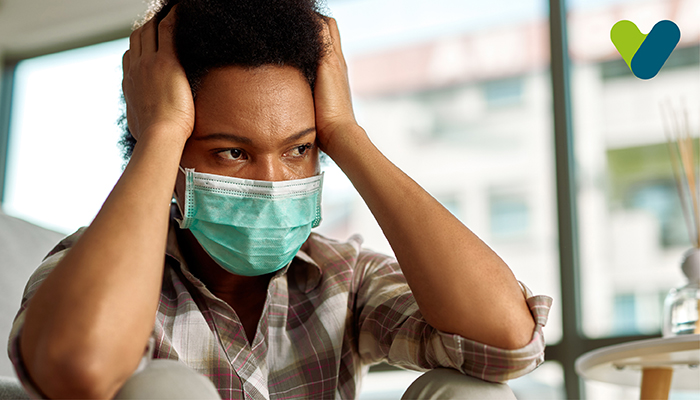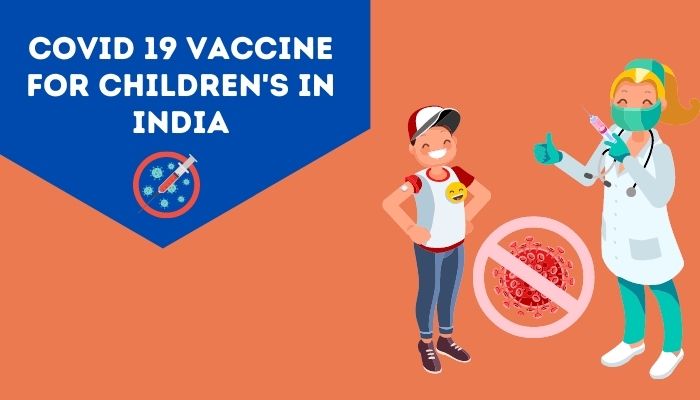People worldwide are pretty familiar with coronavirus, which is also commonly known as COVID -19. It's high time we realize its negative impact on us and find a way to help those who are struggling with COVID - 19 anxiety. One of the basic steps in helping ward off the COVID -19 anxiety is to detect its symptoms and the anxiety that comes with it when a person crosses the threshold of extreme pain and lacks tolerance to the coronavirus. Mostly occurring coronavirus symptoms are cough, fever, headache, body aches, sore throat, diarrhea, fatigue, and lack of taste. However, severe coronavirus symptoms might include chest pain and breathing difficulties.
What is the difference between having anxiety and coronavirus?
This should be an important question people should ask themselves first without jumping to conclusions and doing unnecessary worrying.- Generally, anxiety is associated with increased heart rate, sweating, a sense of fear, dread, restlessness, breathing shortness, and uneasiness within the pit of your stomach. Some of these characteristics might fool a person into thinking that they have been affected by COVID - 19 but rest assured, these are just some minor anxiety symptoms that some simple breathing and calming techniques can control.
- The more accurate coronavirus symptoms include cough, fever, headache, and other characteristics, as discussed earlier. Therefore if at a particular time you experience sweating and feel feverish, then check your body temperature. If it indicates the average body temperature, there is no need to worry since it's not a fever but merely the anxiety that has increased your body temperature and heightened your emotions.
Panic, anxiety, uneasiness, dread, sense of impending disaster, insomnia, inability to maintain calm and stillness, hands and feet that are cold, sweatiness, numbness, asthma, breathing more quickly and deeply than usual (hyperventilation), palpitations (heart pounding), mouth feeling dry, nausea, dizziness, constant worrying about specific problems and lack of capacity to focus are some of the major disorders.
Ways to Deal with COVID -19 Anxiety
The most effective way to deal with COVID -19 anxiety is by remaining calm, which is easier said than done, but some techniques and plans can help you achieve a sense of calmness and peace.COVID -19 anxiety reduction techniques include :
- Basic steps such as staying informed of the correct information circulating on social media.
- Focus on things that you can control, planning out your daily activities if you are facing a tough time handling various problems at once.
- Stay in touch with the people around you through different social media platforms
- Take care of your health and body by maintaining regular exercise daily, which can help you to feel energized and empowered while dealing with difficult times.
- Help others by providing your positive thoughts and information or by simply helping people with their chores if they are under quarantine because assisting people will benefit others at large. Still, it will also make you feel empowered and in control of your life at its most challenging. Besides, it's the best distraction to take your mind off all the endless worrying and horrible scenarios regarding the pandemic.
Other proper techniques for COVID 19 anxiety reduction are
- Engage in stress reduction activities like focusing on what you are grateful for.
- Exercising your body and relaxing your mind will help you achieve the tranquillity you want.
- Guided meditation, yoga, exercise, and keeping a gratitude diary are all stress-reduction techniques. Please choose one or two, learn about them so you can do them correctly, and practice every day.
- Be thankful that you and your loved ones are not terminally ill or in severe financial straits.
One of the essential things you should keep in mind is not reacting to physical symptoms. Just because you have a cough does not mean you have COVID-19. The same might be said for others who cough. Allergies, bronchitis, post-nasal drip, and the common cold are more common and more likely causes. Accept ambiguity as you would in other areas of your life and make the most probable assumption. Do not probe your body for signs. This attitude confirms your concerns and heightens your worry.
It is no secret that depression and anxiety disorders are significant causes of disability worldwide. These conditions have been known to result in severe reductions in quality of life and high cost to society. Thus it is essential to realize that it is not simply COVID -19 but, at times, anxiety that has given rise to widespread panic, dread, and uneasiness. It is a perfect example of the saying, "a crisis is a great teacher".


